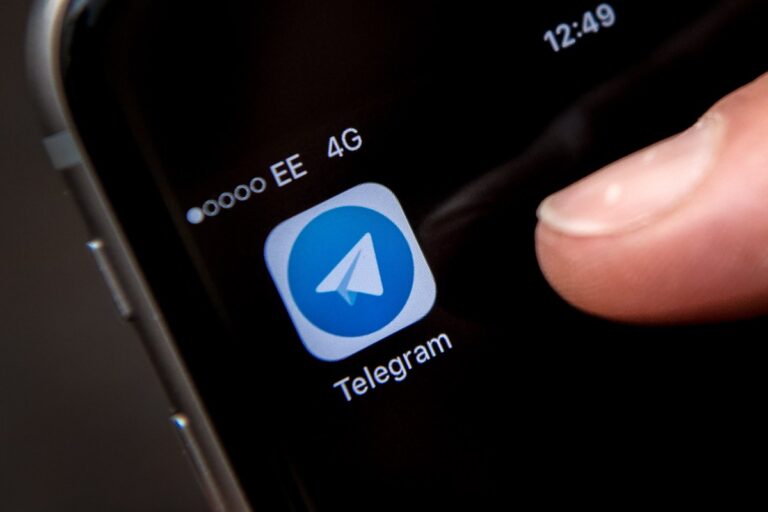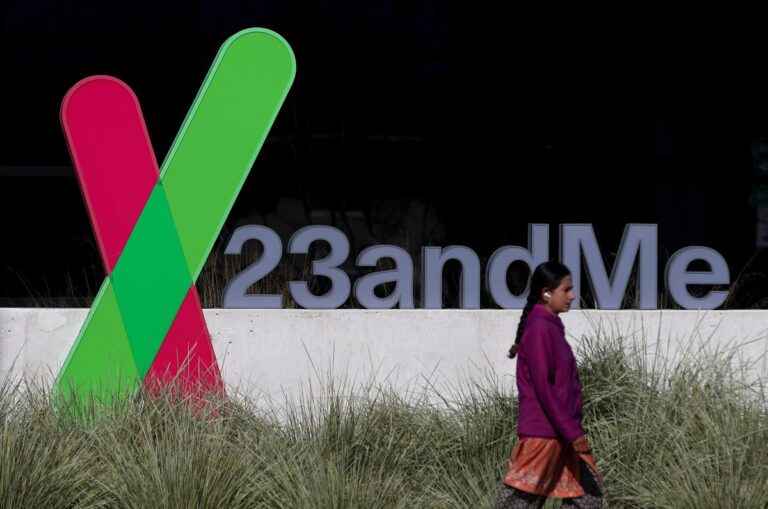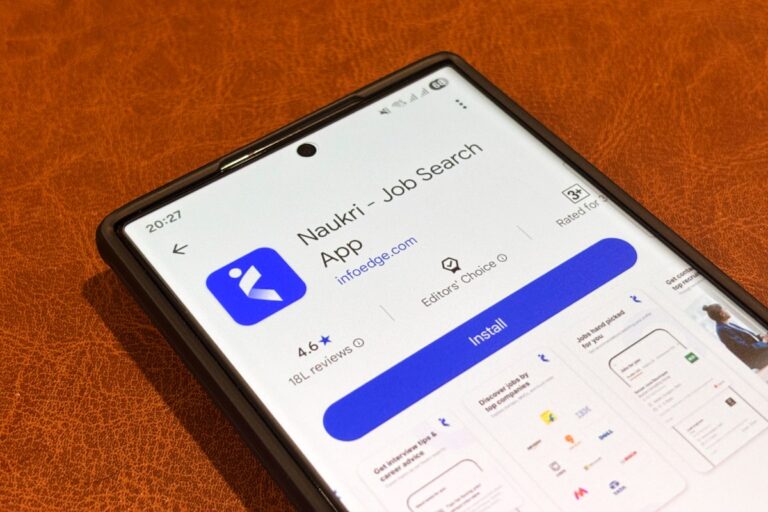Why Government Officials Struggle with Digital Engagement: A Look at Online Competence
In recent months, U.S. Secretary of Defense Pete Hegseth has faced significant scrutiny for catastrophic tech blunders that have raised concerns about national security. These incidents highlight the risks associated with mishandling sensitive information in the digital age.
Unauthorized Signal Chats: A Major Security Breach
The controversy began when Jeffrey Goldberg, the editor-in-chief of The Atlantic, revealed that he was unintentionally added to an unauthorized Signal group chat. In this chat, U.S. National Security Advisor Michael Waltz and several high-ranking officials discussed detailed plans for military actions against the Houthis in Yemen. This included sensitive information about the timing and locations of potential attacks.
Understanding the Risks of Digital Communication
While everyone makes tech mistakes, Hegseth’s situation is particularly alarming. Sharing top-secret military plans with unauthorized individuals is far more serious than accidentally liking an old social media post. The New York Times reported that Hegseth also shared sensitive information in another Signal chat that included his lawyer, wife, and brother—individuals who had no legitimate reason to access such details. Notably, Hegseth’s wife does not work for the Pentagon, raising questions about the handling of classified information.
The Perils of Fitness Tracking Apps
Another example of how technology can lead to security breaches is the fitness app Strava. This app, popular among athletes, allows users to share their workout logs publicly. However, the default settings expose users to privacy risks, especially for military personnel.
- Strava’s global heat map reveals where users log activities, which can inadvertently disclose the locations of military bases.
- In 2018, Strava’s heat map raised alarms as it highlighted activity in remote areas like Afghanistan, indicating potential military presence.
For military members using Strava, this could lead to dangerous situations if adversaries identify their workout locations.
Social Media Payment Apps: A Privacy Concern
Peer-to-peer payment apps like Venmo also pose privacy challenges. Venmo defaults to public transactions, allowing anyone to see users’ spending habits. This became a notable issue when reporters from BuzzFeed News found President Joe Biden’s Venmo account within minutes, enabling them to map out his social circle.
- The public nature of transactions can reveal connections between government officials, including Hegseth and Waltz.
- Even when users set their accounts to private, their friends list remains visible, creating additional risks.
Encrypted Messaging and Human Error
Even encrypted messaging apps can’t fully protect sensitive information from human mistakes. A striking example occurred when Carles Puigdemont, the former president of Catalonia, faced arrest warrants from the Spanish government. During an event in Belgium, a camera operator inadvertently captured a text conversation on the screen of a former minister, exposing discussions about Puigdemont’s struggles for Catalan independence.
This incident serves as a reminder that no amount of encryption can safeguard against human error. Always be cautious when discussing sensitive information in public settings.
Conclusion: The Importance of Digital Security Awareness
These incidents underscore the critical need for improved digital security practices among government officials and the general public. As technology continues to evolve, so too must our approaches to safeguarding sensitive information. For more insights into digital privacy and security, visit our Digital Security Tips page.







